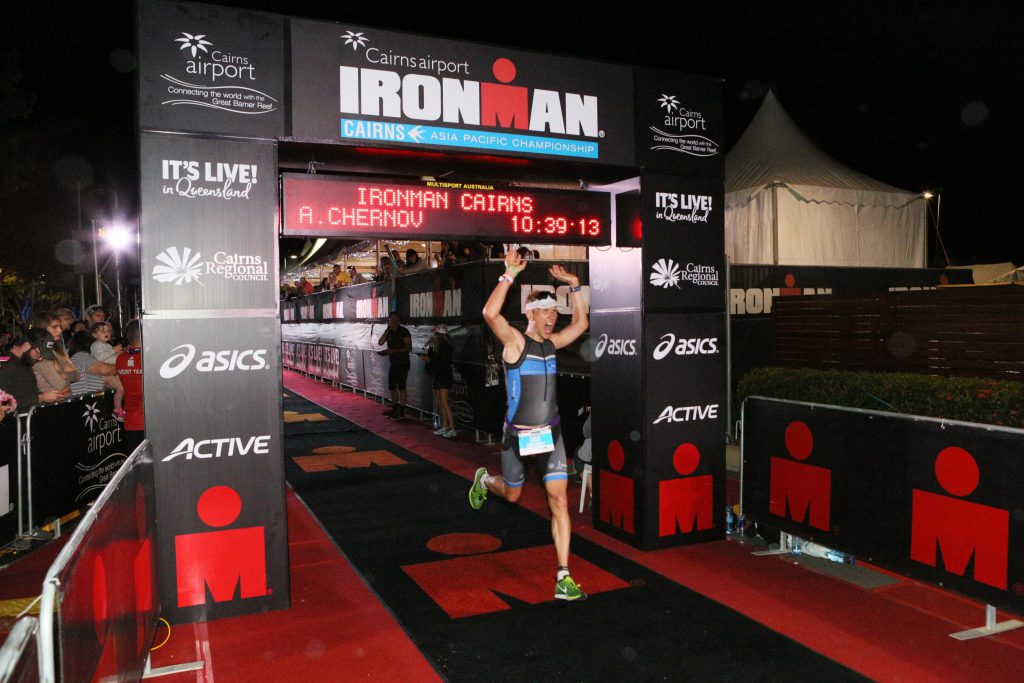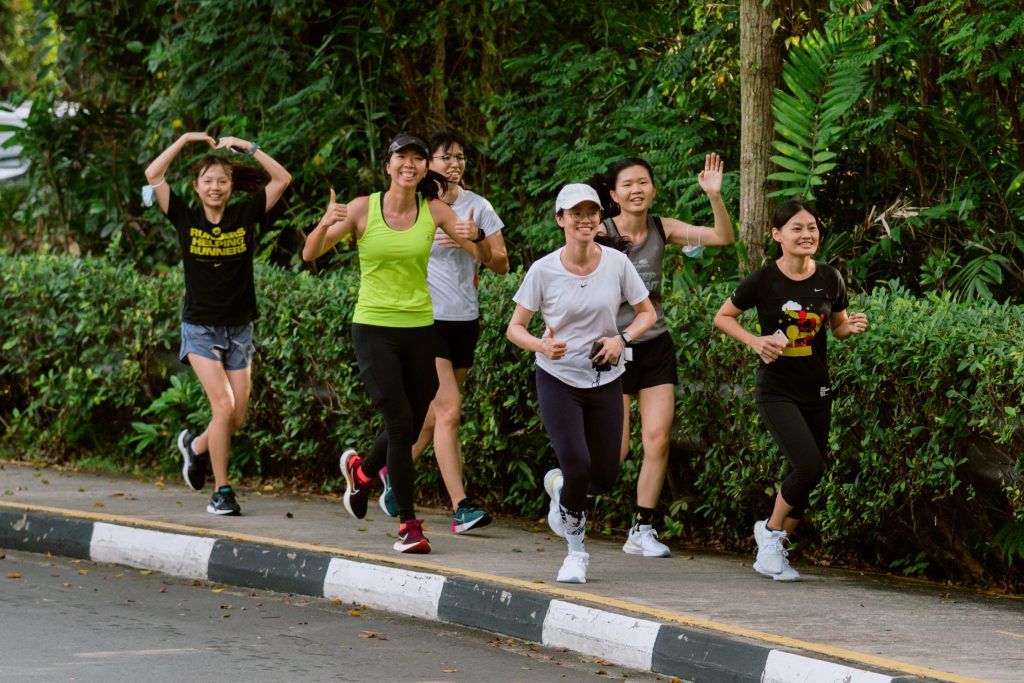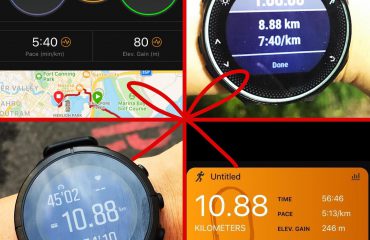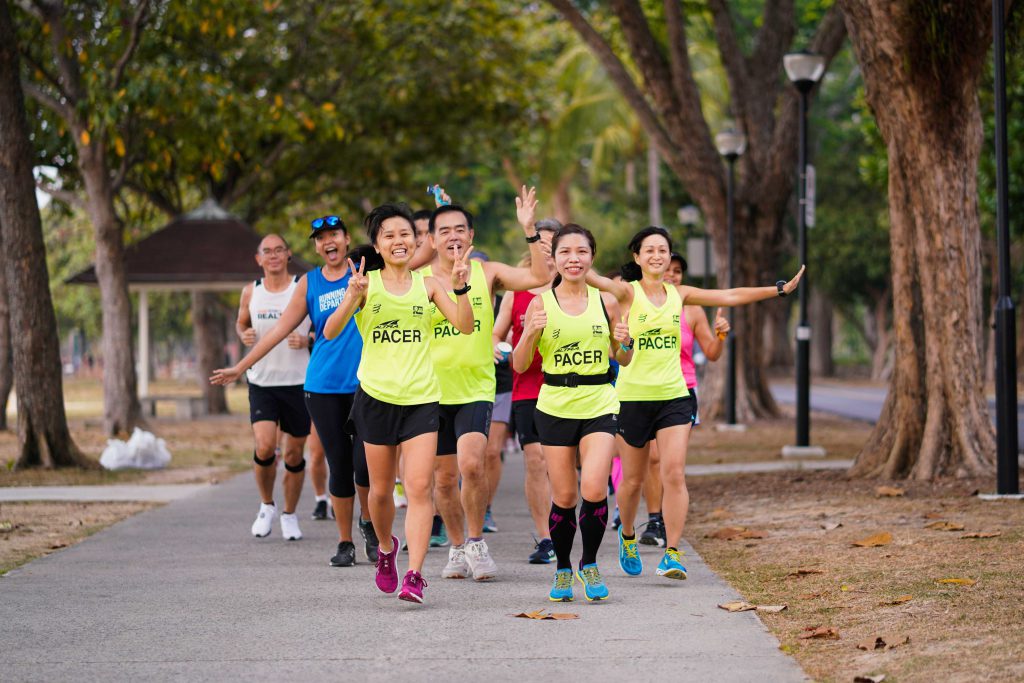So, you finally decided to run a full marathon. You picked up your race kit and I am sure counting down the days until the start in nervous excitement. You must be training hard and testing your body and mental limits, but may I ask you a question? Have you reviewed your pre-race nutrition?
My very first marathon, in 2014, was a 4 hr 18 min sufferfest with me “hitting the wall” on 35th km, walking the rest of the distance, finishing with pale face and phrase “it’s insane, I will never do this again.” At that time, my weight was close to 100 kg and my nutrition was far from what I should really eat before the race. 5 years later, I am an 80 kg guy with diploma in nutrition science who can run 88 km over 24 hours in preparation for 100 miles (166 km) trail race. Marathon is no longer a crazy event but just the last part of the Ironman triathlon.
Changes in my nutrition improved my sport performance and my life overall. Here’re few things what I’ve learned during my 5-year endurance journey:
1.Don’t ban carbohydrates. Instead, eat them like a pro – just enough. My nutrition is very rich in carbohydrates. This is also the choice of many world elite runners. Carbs from vegetables, fruits, nuts, seeds, whole grains, beans and legumes will be your best fuel for training, race and your office work. Now, you probably think “So, how many carbs is enough for me?” I suggest that you follow Recommended Carbohydrate Intake chart described by Matt Fitzgerald in his book “The New Rules of Marathon and Half-Marathon Nutrition”.
For example, if your average daily training time is 45-60 min, then your daily carbohydrate target should be 4-5 g/kg.
2.Focus on cutting weight for your “big day” by cutting fat.
Calculate your Body Mass Index (BMI):
If your BMI is at the borderline of the “Healthy” and “Overweight” ranges, reduce daily calories intake by 10-15% (see table below).
Avoid visible fat, e.g. fatty meats, deep fried food, butter, lard. Fat is stored in your adipose tissue and will only burn if you do aerobic exercises, e.g. walking, climb the stairs. This is because you need to inhale 2 liters of oxygen in order to burn 1 g of fat. Track your Body Mass Index
3. Do not compensate after training. Most of the time we make a psychological “I Can Afford It Now” mistake instead of thoughtful recovery. You need only 1.2 g of carbohydrates per 1 kg of your weight and 1 g of protein per 4 g of carbohydrates and only after 20 km run. For faster recovery, besides proper carbo-protein balance, eat food rich in antioxidants and vitamin C. Kiwi smoothie and green tea are very helpful to deal with Delayed Onset Muscle Soreness (DOMS).
Always eat high quality food rich in fiber and micronutrients. Vegetables and fruits, nuts and seeds, whole grains, legumes, and beans must be present in your diet constantly. Leave not more than 15-20% of your weekly nutrition balance for sweet treats and sinful carbs. Be consistent with your food choices – find 1-2 great breakfast and lunch options and stick to them. It may sound boring but it will benefit you in preparation for long-distance race. How? Less surprises for your training body and consistent supply of good nutrients. This is very common behavior among endurance athletes. In a poll of 250 endurance athletes that we did in 2017, 33% respondents had the same meal in the same place 3 to 5 times a week. Dinner is your time for improvisation but try to healthy food choices.
4.Finally, on your race day, have a good breakfast 2-3 hours before the start. It should be very familiar to your body meal. Last thing you want on the start line is to get a surprise from your digestive system. I recommend a rolled oats porridge with chia and flax seeds, banana, blueberries, kiwi, honey and nuts – it is very powerful fuel.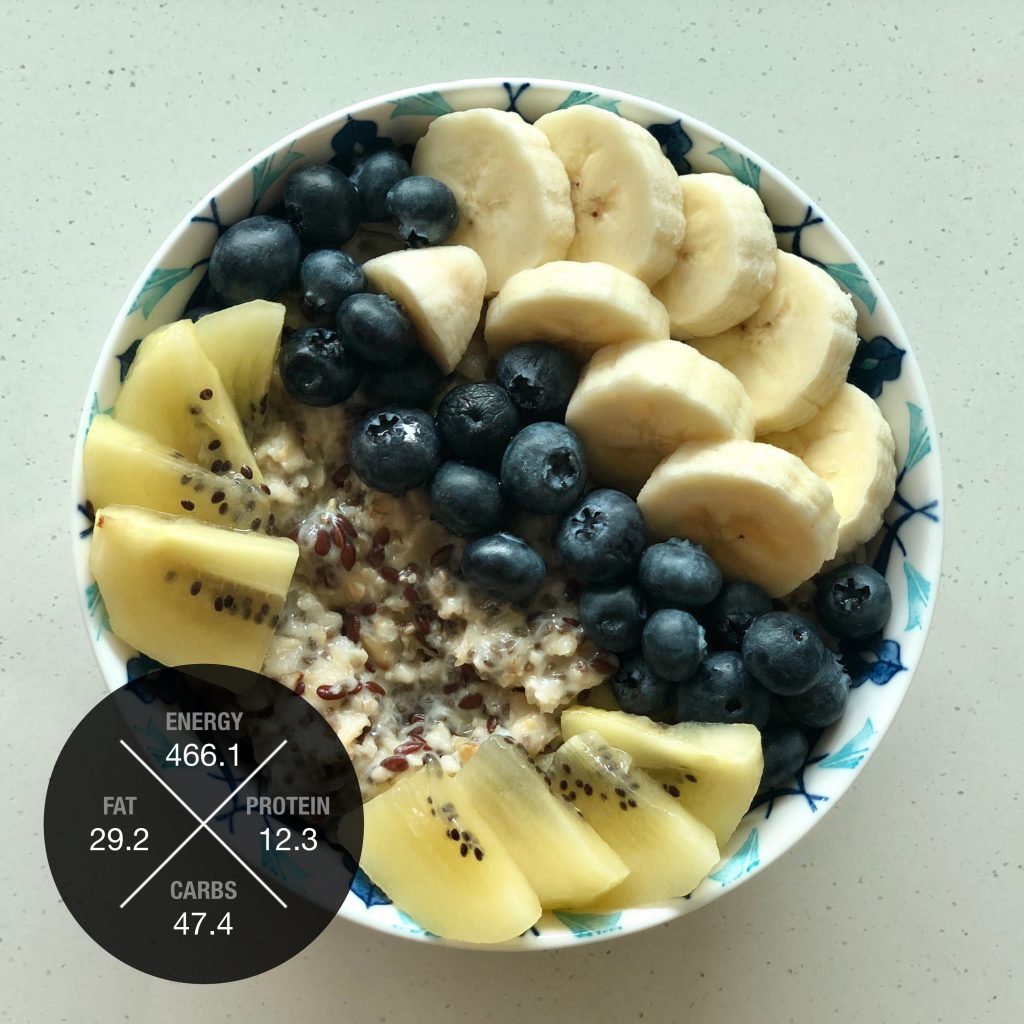
Click here to get porridge recipe plus few other great recipes of breakfasts and snacks.
1 hour before the race, stop your hydration. No matter what’s your hydration plan, it’s a good idea to take coffee or caffeine pill with a sip of water to get an energy boost. On the start line take one sport gel and enjoy the race!
This article is contributed by FoodBuddy.
About FoodBuddy
FoodBuddy is a nutrition and sports coaching platform founded by Arseny Chernov – age group triathlete and ultrarunner, nutrition and endurance coach for Standard Chartered Singapore Marathon 2018, and his wife Liliia Shamsutdinova – food blogger @foodbuddy
